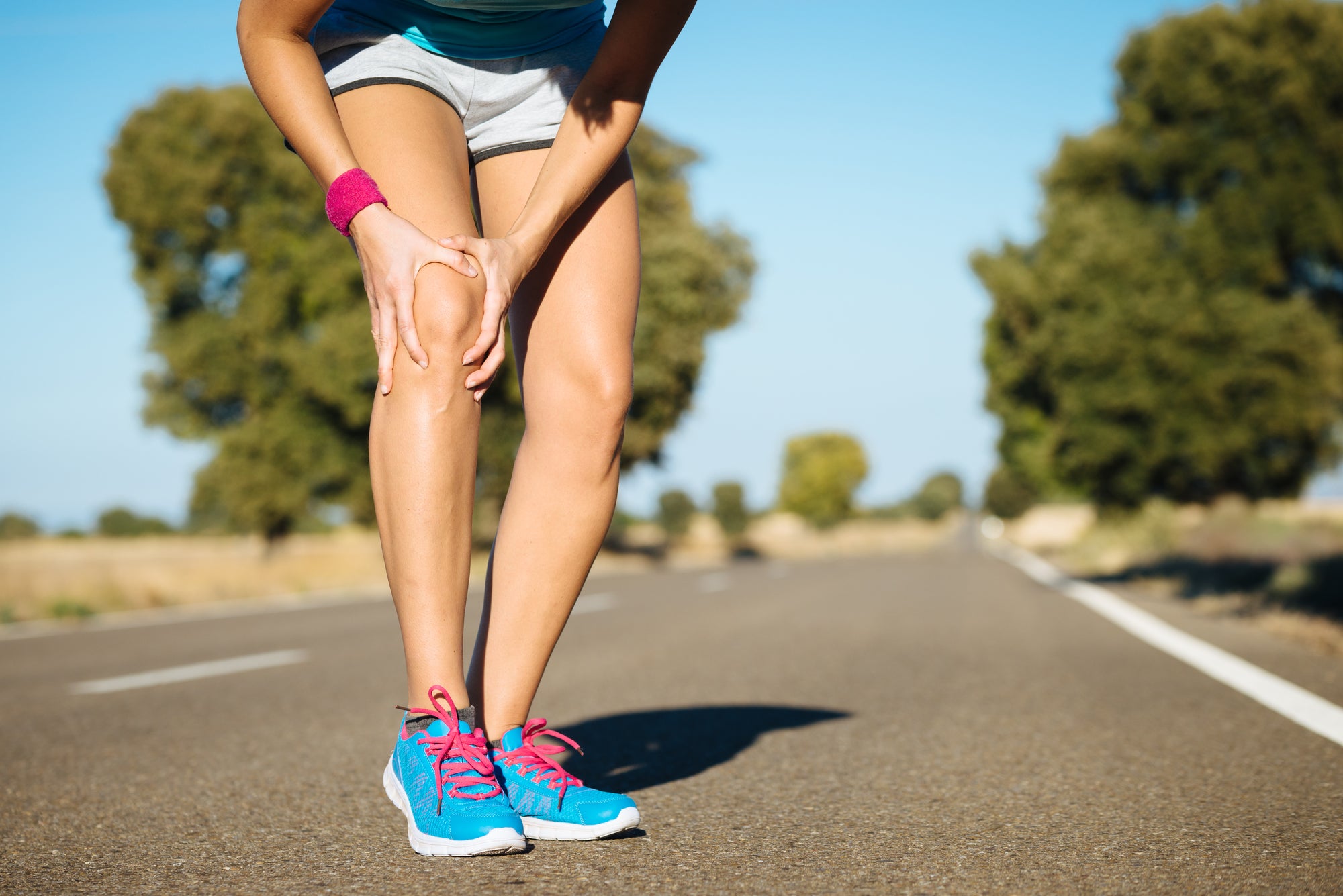
For athletes, pain relief is a crucial aspect of maintaining peak performance. Whether it's from an injury, inflammation, or soreness after a tough workout, pain can impact an athlete's ability to train, compete, and perform at their best. Traditional pain relief methods, such as over-the-counter pain medications or prescription opioids, have long been used by athletes to manage pain. However, with the growing popularity of CBD, many athletes are turning to this natural alternative to traditional pain relief methods. But which is better for athletes – CBD or traditional pain relief methods?
Traditional pain relief methods work by blocking the pain signals that are sent to the brain. Over-the-counter pain medications such as ibuprofen, aspirin, and acetaminophen work by blocking the production of prostaglandins, which are chemicals that cause inflammation and pain in the body. Prescription opioids, such as codeine and morphine, work by binding to opioid receptors in the brain and spinal cord, blocking the transmission of pain signals.
While traditional pain relief methods can be effective at managing pain, they also come with potential side effects which I have seen many times in my clinic and in the hospital. Over-the-counter pain medications can cause gastrointestinal issues, such as stomach ulcers and bleeding as well as kidney disease and kidney failure. And this is much more common than you might imagine. Prescription opioids, in addition to being highly addictive, can also cause side effects such as drowsiness, nausea, and constipation.
CBD, on the other hand, works by interacting with the body's endocannabinoid system (ECS). The ECS is a complex network of receptors, enzymes, and endocannabinoids that help regulate a variety of bodily functions, including pain, inflammation, and immune response. CBD interacts with the ECS to help reduce inflammation and pain in the body. (Maximizing Athletic Performance with CBD: the Science Behind it)
One of the main advantages of CBD over traditional pain relief methods is its lack of side effects. Unlike over-the-counter pain medications and prescription opioids, CBD is non-addictive and does not cause gastrointestinal issues or drowsiness. In fact, many athletes who use CBD report feeling more alert and focused, which can be especially beneficial during training or competition.
 Another advantage of CBD is its versatility. CBD can be taken in a variety of forms, including oils, capsules, creams, and even gummies. This means that athletes can tailor their CBD use to their specific needs. For example, a topical CBD cream can be applied directly to a sore muscle, providing targeted pain relief, while CBD oil can be ingested for more general pain management.
Another advantage of CBD is its versatility. CBD can be taken in a variety of forms, including oils, capsules, creams, and even gummies. This means that athletes can tailor their CBD use to their specific needs. For example, a topical CBD cream can be applied directly to a sore muscle, providing targeted pain relief, while CBD oil can be ingested for more general pain management.
Of course, as with any new supplement, it's important to talk to a healthcare professional before using CBD. While CBD is generally considered safe, it can interact with certain medications, so it's important to check for any potential interactions. (See our Blog Post on Safety Considerations)
In conclusion, while traditional pain relief methods can be effective at managing pain, they also come with potential side effects. CBD, on the other hand, offers a natural and safe alternative to traditional pain relief methods, with fewer side effects and greater versatility. (Athletic Recovery with CBD: The Natural Solution for Improved Performance) While every athlete is different, and what works best for one may not work best for another, CBD is definitely worth considering for athletes looking for a natural and safe way to manage pain and inflammation.

